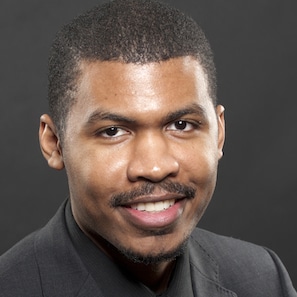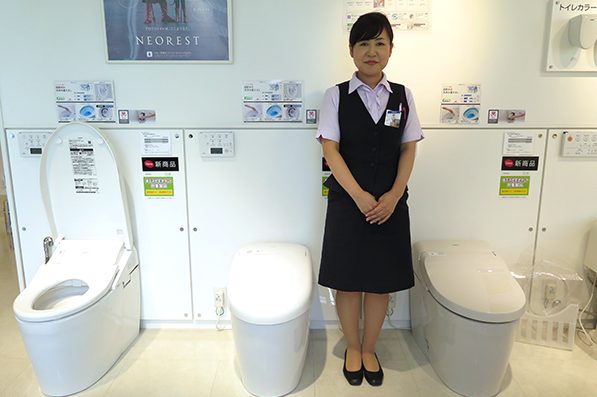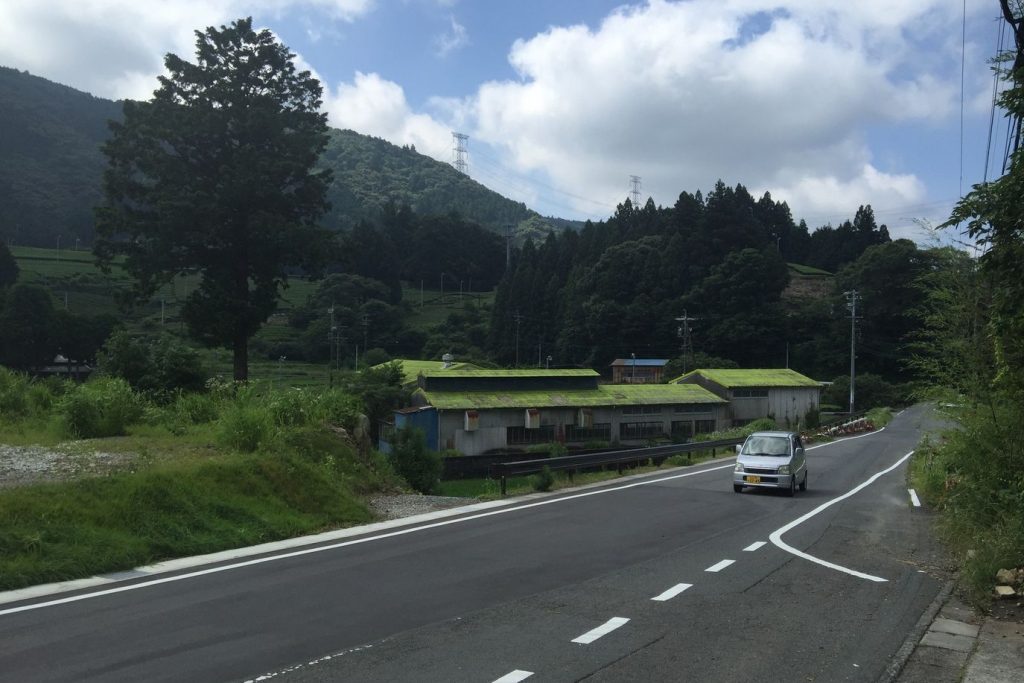2015 US-JAPAN JOURNALISM FELLOWSHIP
2015
The inaugural US-Japan Journalism Fellowship brought four American journalists to Japan in June 2015. The program began with an intensive weeklong series of meeting with politicians, foreign policy experts, government officials and Japanese and American journalists. Recurring topics included the challenge of managing China-Japan tensions, efforts to strengthen US-Japan security ties and relocate a US military base in Okinawa, and ways that Japan is coping with the aging of its population. The participants also spoke with priests at Meiji Shrine, were briefed by the CEO and workers at the factory specializing in precision metalwork, and were given tour of the parliament by a member of the Diet.
Afterwards, the fellows stayed in Japan for an additional one to three weeks, traveling to places such as Hiroshima, Nagoya, Okinawa, and Tohoku for one-on-one interviews. All together, they interviewed more than 100 people, ranging from former defense ministers to senior citizens in nursing homes. One spoke with a Diet member about how becoming infected with HIV as a youth led him into activism and eventually into a political career. Another traveled to Okinawa to interview government and civil society leaders on both sides of the dispute over the relocation of a US Marine base. A third visited cutting edge power plants to find out what the United States has to learn from Japan’s experience with sustainable energy. And another one talked with working mothers who are trying to balance the demands of family and career as well as local government leaders and activists in rural Japan who are struggling to cope with depopulation.
2015 FELLOWS

Darius Dixon

Kathleen McLaughlin

Sally Herships

Isaac Stone Fish
ARTICLES BY OUR FELLOWS

Japan Alone Cannot Guard or Sustain Peace
When one speaks of turmoil on the Korean Peninsula, it’s usually in reference to North Korea, not South Korea. But Itsunori Onodera, who stepped down as Japan’s defense minister in September 2014, has some concerns with Seoul’s “provocative” actions toward Pyongyang.

Does Japan’s Conservative Shinto Religion Support Gay Marriage?
In 1999, a Shinto priest unofficially married two men in a shrine in Kawasaki, an industrial city near Tokyo. Literally “the way of the gods,” Shinto is one of Japan’s major religions, but it does not influence modern Japanese life the way that Christianity dominates in the United States. Rather, it’s more a matter of a shared culture against which some people define themselves.

A Toilet for All Techies
There’s really no other way to describe them: The toilets of Japan are fabulous. But most U.S. consumers don’t know there’s a whole wide high-tech toilet world out there. It’s something that has to be tried to be really appreciated, says Bill Strang, president of operations for Toto in the Americas.

Etiquette and Rituals Rule in Japan’s Business Culture
At a dinner meeting in Tokyo recently, two Japanese professors, Ryo Sahashi and Satoru Mori, arrived and sat down at their booth. Even though it meant one of them would shortly have to get up to make room for one of their colleagues, who had yet to arrive, they left the middle seat between them empty.

How Japan Pushes Coal on the World
While the U.S. backs away from its dirtiest power source, its closest ally in Asia is building, selling and financing coal plants worldwide.

Rebel Without a Country
Rebel Pepper, China’s most notorious political cartoonist, fled his native land for Japan. But life in exile is tougher than he expected.

Come on Japan, Get with the Program
Founding a startup today has become the stuff of TV and movies around the world. But in Japan today, founding a tech company is not what you might call super popular. Silicon Valley appreciates a good failure. The Japanese — not so much.

Challenges Ahead as Japan Seeks More Women Workers
Sally Herships writes on the conflict between an increased need for women workers in Japan and the multitude of obstacles facing working mothers that keep them from staying in the workforce.

Japan’s Long-term Care Dilemma: Immigrants or Robots?
Sally Herships explores the problems surrounding Japan’s growing elderly population, and the question of whether turning to migrant workers would be a practical solution.

A Vote for Trump is a Vote for China
Isaac Stone Fish writes on how Donald Trump’s policies benefit China and the effect this has on the US-Japan relationship.

As Japan’s Population Shrinks, Bears and Boars Roam Where Schools and Shrines Once Thrived
In Hara-izumi, there’s no worry about an influx of foreigners. There are no immigrants here, nor the prospect of any. A bigger issue now is wildlife: The village’s population has become so sparse that wild bears, boars and deer are roaming the streets with increasing frequency.

There Are More Adult Diapers Sold in Japan Than Baby Diapers
Japan is now arguably the oldest country in the world. It’s not like you couldn’t see it walking around Tokyo or the countryside. But one of the biggest indicators of this shift is that, with declining birthrates and over 25% of the population aged over 65, there are now more diapers produced for adults than for babies.
